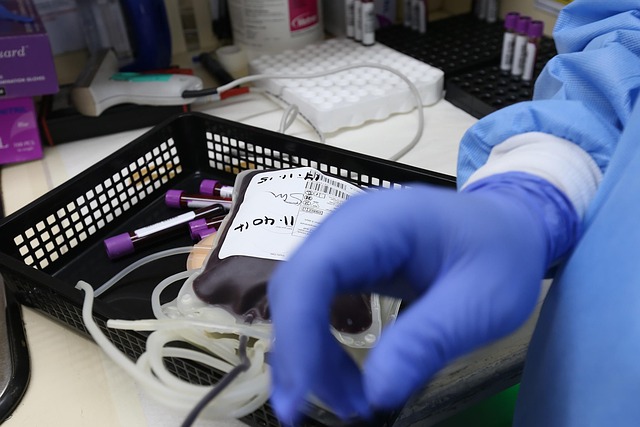
Career Options For Medical Laboratory Scientists
Introduction
The field of medical laboratory science is a vital component of the healthcare system, providing essential diagnostic information that aids in patient care. Medical laboratory scientists (MLS) play a crucial role in analyzing biological samples, conducting tests, and interpreting results. This article explores various career options available to individuals with a degree in medical laboratory science, highlighting the diverse opportunities within this profession.
1. Medical Laboratory Scientist
As the primary role within the field, medical laboratory scientists are responsible for performing complex analyses on blood, urine, and other bodily fluids. They utilize advanced technology and methodologies to ensure accurate results. This position often requires a bachelor's degree in medical laboratory science or a related field, along with certification from a recognized professional body.
2. Medical Laboratory Technician
Medical laboratory technicians (MLT) typically hold an associate degree and assist medical laboratory scientists in conducting tests and preparing samples. They perform routine laboratory tests, maintain equipment, and ensure quality control. This role is ideal for those looking to enter the healthcare field with a shorter educational pathway.
3. Clinical Laboratory Manager
For those interested in leadership roles, becoming a clinical laboratory manager is a viable option. This position involves overseeing laboratory operations, managing staff, and ensuring compliance with regulations. A background in medical laboratory science, combined with management training, is essential for success in this role.
4. Research Scientist
Medical laboratory scientists can also pursue careers in research, contributing to advancements in medical science. Research scientists work in laboratories, conducting experiments and analyzing data to develop new diagnostic tests or treatments. This path often requires a higher degree, such as a master's or Ph.D., along with specialized knowledge in a particular area of study.
5. Quality Assurance/Quality Control Specialist
Quality assurance (QA) and quality control (QC) specialists ensure that laboratory processes meet established standards. They develop and implement quality management systems, conduct audits, and provide training to laboratory personnel. This role is critical for maintaining the integrity of laboratory results and requires a strong understanding of regulatory requirements.
6. Sales and Marketing Representative
Individuals with a background in medical laboratory science may also find opportunities in sales and marketing within the healthcare industry. These representatives promote laboratory equipment, diagnostic tests, and other products to healthcare providers. A solid understanding of laboratory processes and the ability to communicate effectively with clients are essential skills for success in this area.
7. Forensic Laboratory Scientist
Forensic laboratory scientists apply their skills in the criminal justice system, analyzing evidence from crime scenes. This role requires a strong foundation in laboratory techniques, as well as knowledge of legal protocols. Forensic scientists often work closely with law enforcement agencies and may be called to testify in court regarding their findings.
Conclusion
The career options for medical laboratory scientists are diverse and rewarding, offering opportunities in clinical settings, research, management, and beyond. As the demand for healthcare services continues to grow, the need for skilled professionals in medical laboratory science will remain strong. Individuals interested in this field should consider their strengths and interests when exploring potential career paths, as each role contributes significantly to patient care and medical advancements.
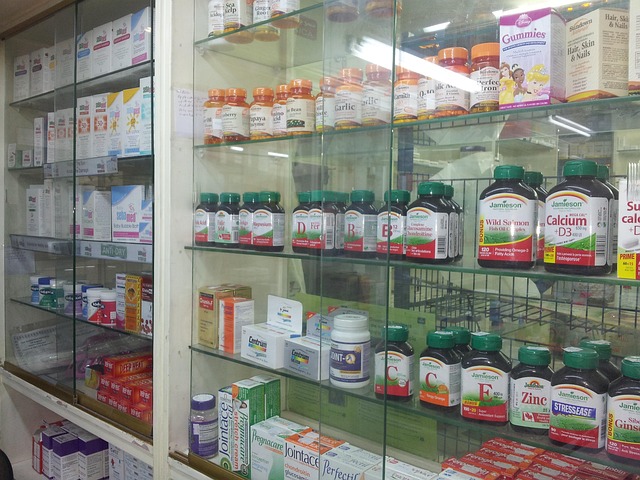






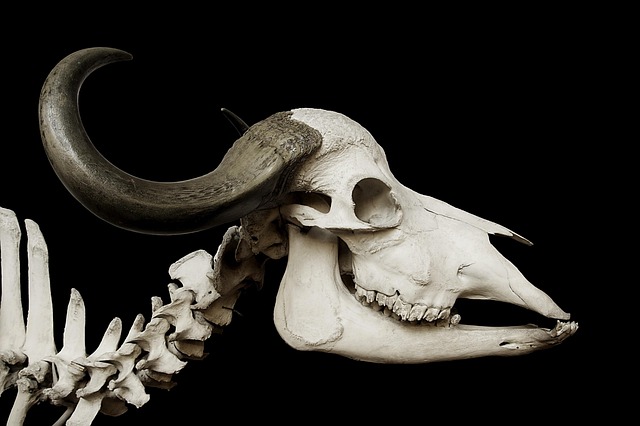


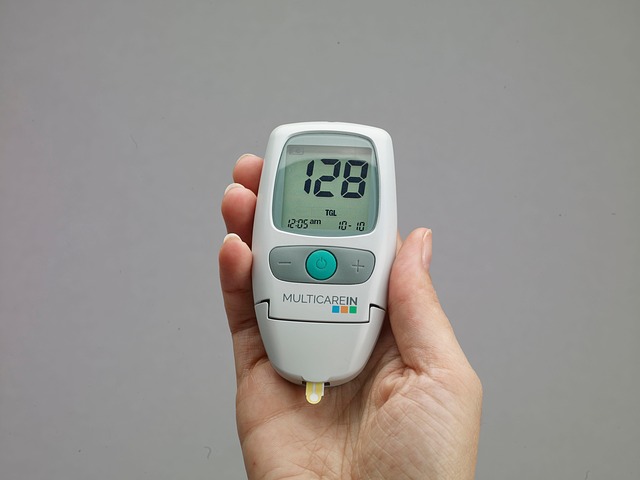




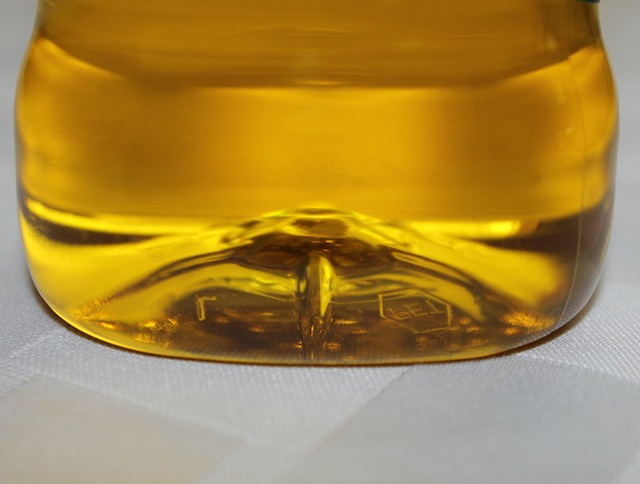




 Skin Tone Band Aid
Skin Tone Band Aid 
 Health
Health  Fitness
Fitness  Lifestyle
Lifestyle  Tech
Tech  Travel
Travel  Food
Food  Education
Education  Parenting
Parenting  Career & Work
Career & Work  Hobbies
Hobbies  Wellness
Wellness  Beauty
Beauty  Cars
Cars  Art
Art  Science
Science  Culture
Culture  Books
Books  Music
Music  Movies
Movies  Gaming
Gaming  Sports
Sports  Nature
Nature  Home & Garden
Home & Garden  Business & Finance
Business & Finance  Relationships
Relationships  Pets
Pets  Shopping
Shopping  Mindset & Inspiration
Mindset & Inspiration  Environment
Environment  Gadgets
Gadgets  Politics
Politics 